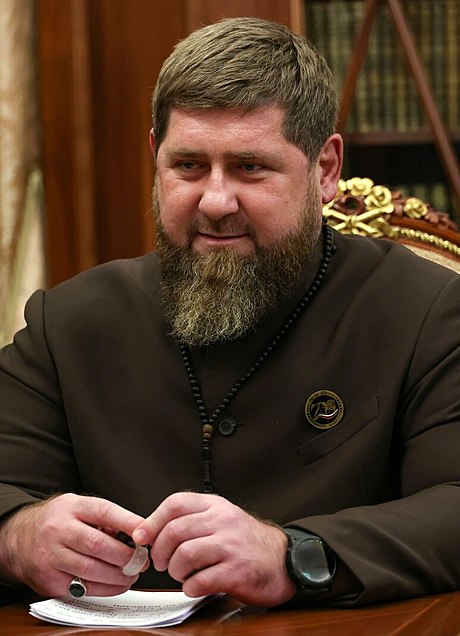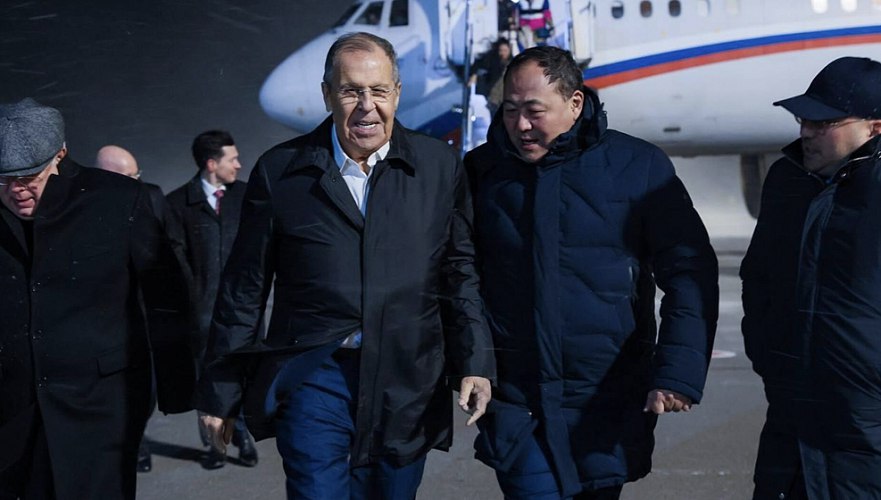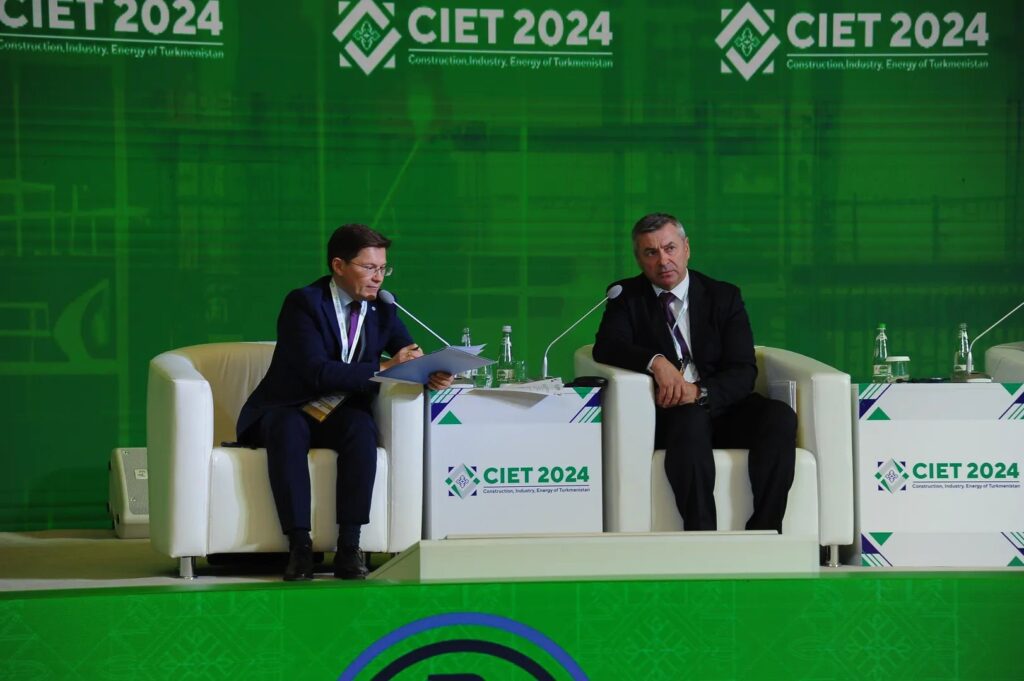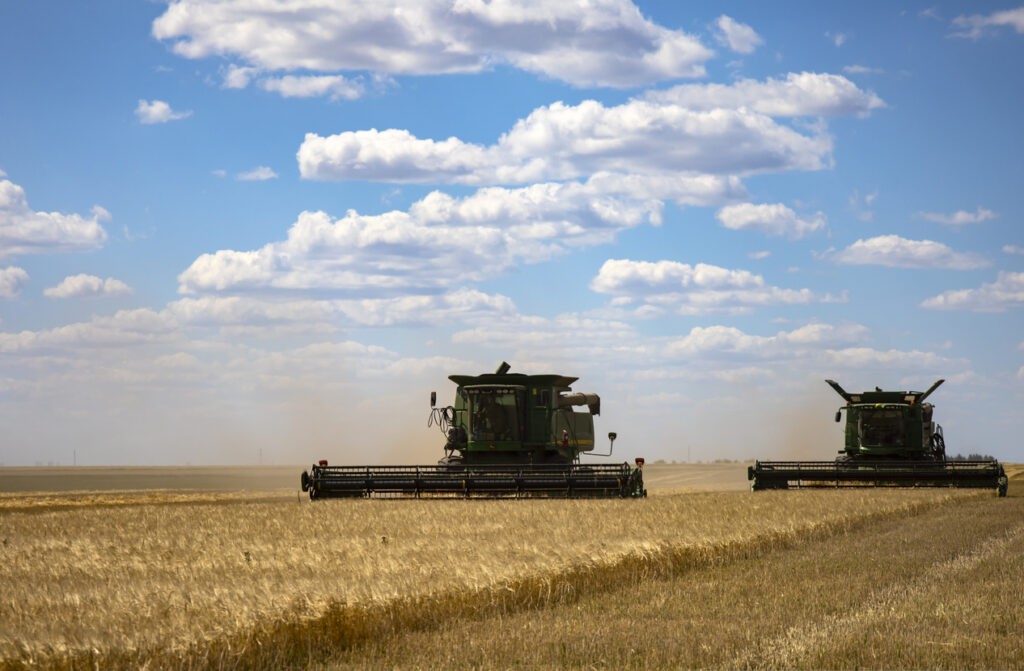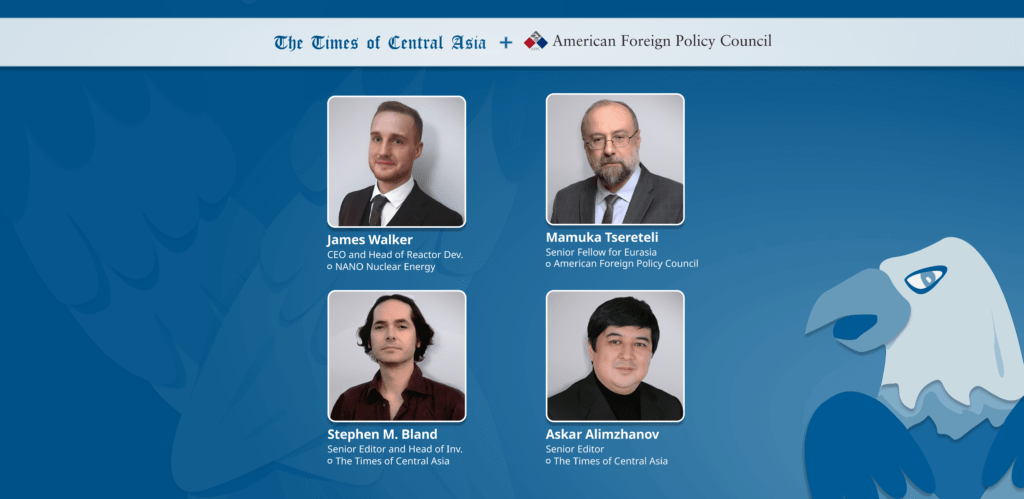Chechen Leader Kadyrov Denies Involvement in Attack on Allamjonov
On October 26 Uzbek media reported an attack on the former head of President Shavkat Mirziyoyev's information department, Komil Allamjonov. At around 1:40a.m., near his home in Tashkent’s Kibray district, two unidentified individuals fired several shots at the car he was in before fleeing. Fortunately, no one was injured. The weapon type remains unknown. Authorities have opened an attempted murder case and are searching for the suspects. However, the General Prosecutor’s Office has not confirmed whether Allamjonov was specifically targeted in the incident. Some opposition media have suggested a “Chechen connection” implicating Chechen leader Ramzan Kadyrov in the attack on Allamjonov. In response, Kadyrov denied involvement, stating that the media attributed the incident to him. “I don’t want to respond to this provocative leak. Moreover, work in all spheres, including information and law enforcement, is excellently organized in Uzbekistan thanks to the wise policy of the respected President Shavkat Miromonovich Mirziyoyev. I will only add that if I had really planned something, I would have completed it and with a 100% result,” he stated. Kadyrov emphasized the close ties between Chechens and Uzbeks, describing them as “brotherly peoples with a common historical past.” He added: “I regard this information leak as a tool of political play by some third parties and a clear attempt to sow discord between our countries. I am sure that other publications in the style of Western fakes will follow. Be that as it may, my dear brothers in Uzbekistan and I will definitely find out who is behind this provocative information leak.” The General Prosecutor’s Office stated that the investigation is ongoing, and promised further updates.
